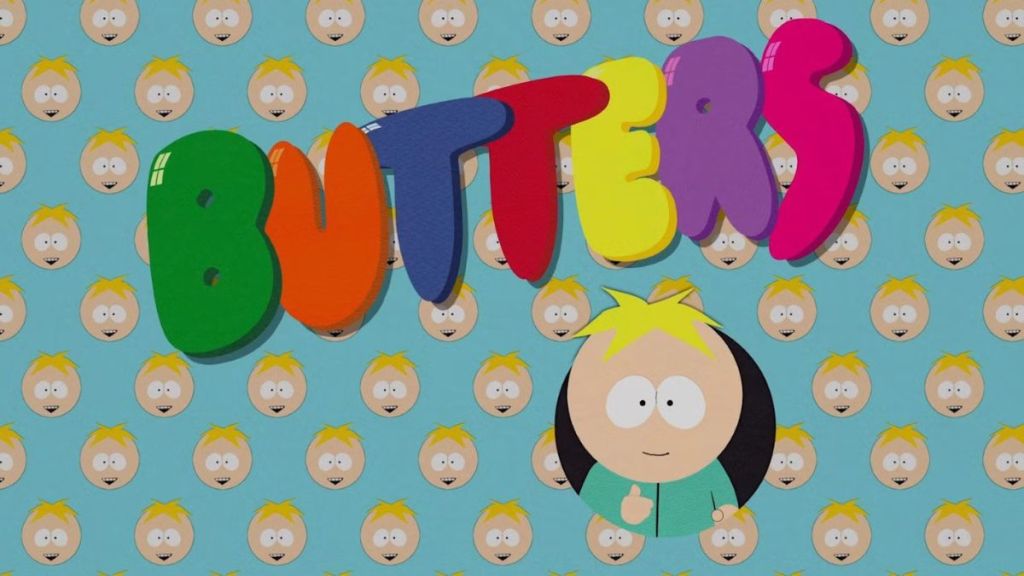Timid little Leopold “Butters” Stotch is not only South Park‘s most likable character; he’s also just its flat-out best. Throughout the course of nearly 30 years, he’s made his way to the forefront of the show’s focus, not unlike Randy Marsh. And, to a degree, he’s a character who has changed. For instance, in Season 6, when he was temporarily the fourth boy, replacing the dearly departed Kenny McCormick. But, like how the events of Season 5’s “Kenny Dies” weren’t permanent, Butters’ status as the fourth member of the little foul-mouthed gang was not to be. And, in the aftermath of his ouster, he assumed the personality of Professor Chaos.
Videos by ComicBook.com
South Park‘s creators, Trey Parker and Matt Stone (the latter of whom voices the character), have said Butters is one of their favorite characters. Since he started moving further into the spotlight, beginning with Season 3’s “Two Guys Naked in a Hot Tub,” fans have only grown increasingly inclined to agree. What makes Butters so special? Let’s unpack it, beginning with Butters’ ascent from background character to the show’s fifth main character.
The Origins of Butters

Butters is loosely based on South Park co-producer Eric Stough. He was basically invented by Parker and Stone as a way to rip on their coworker, which couldn’t be more perfect. He’s a dork, with silly little catchphrases like “Oh, hamburgers!” He calls his peers “fellas” and often lets his naivete get the best of him. But at first, we didn’t know even those simple traits. He was just there in the background.
But even after his true debut in “Two Guys Naked in a Hot Tub,” he was still mostly just a kid who chimed in every now and then. We wouldn’t get a sense of him until a few years later. Specifically, Butters finally got his very own episode with, well, Season 5’s “Butters’ Very Own Episode,” one of the best South Park season finales to date. Since that point, he’s remained in the spotlight, with his personality being gradually fleshed out along the way.
This has been done three different ways. One is as what amounts to the lead of B-plots, like in Season 8’s “You Got F’d in the A.” The second is as the counterpart to Cartman, such as Season 12’s “The China Probrem” and “Super Fun Time.” The third is as the lead. It’s rare, but it’s happened. Arguably the best example is Season 16’s “Butterballs,” where he does what he does best … get bullied. It’s just, in this case, he’s getting bullied not by his peers, but rather his grandma.
What Makes Butters So Endearing?

He’s a sweet-natured youngster who nonetheless is the most put-upon kid in the whole town. And he always gets grounded. Sometimes it’s because Cartman pretends to be him on the phone and uses expletives with his father; sometimes it’s because his friends have forced him into an amateur liposuction surgery. But mostly, his grounding comes from absolutely nothing at all. Little Butters just can’t catch a break.
It doesn’t help that his parents are total idiots. They’re too dull to realize they have a great kid. They’re also just kind of dimwitted in general. For instance, in Season 9’s “Marjorine,” when the boys throw a dead pig dressed as Butters off a roof, Butters’ parents fully believe it’s him. And, after the boys send Butters into a girl’s slumber party, his dad kicks off a Pet Sematary-inspired attempt at resurrecting his “dead” son. Butters returns home, only for his parents to recoil in horror and then sacrifice a blinds saleswoman so he can “feed.”
In that lies the appeal of Butters. He never means anyone any harm (even when he’s dressed up as Professor Chaos), but he’s still either being used, grounded, or a combination of the two. More often than not, he’s unsure of why any of this is happening to him. And, even when he does catch on, he’s too timid to do anything about it. We love Butters because he has a good heart, but it sure is funny to see him never score a win. Bullying itself isn’t humorous, unless it’s Butters (especially when the bully is his grandmother). We need more Butters A-plots like the one in “Butterballs.” At least, every now and then. Let’s not overdo it.









